The Scariest Movie of the Century?
A family tragedy twists from heart-wrenching to heart-pounding in a matter of minutes, setting off a set of events so shocking, so terror-inducing, the film is being named “this generation’s Exorcist.” The plot is rendered in a methodical pacing so sinister, so relentless, that your assaulted senses reel long after the credits roll. The descent towards the hellacious finale is made all the more powerful by gripping performances, especially in Toni Collette’s psychologically-strained, emotionally versatile (and vocal) performance. Hereditary begins as a masterful classic, then flips the script upside down and proceeds to beat your senses with it throughout its exponentially-fearful progression of acts.
Let’s start by stating the fact that I hate long pan shots in horror movies. Not because they’re bad, but because they’re effective. Something like the long, dreadful wood shots in The Witch, or The Village. It’s never the jump scares or cheap thrill tropes that get me, but the meticulous, slow-burn rise of trepidation that a slow, silent shot possesses.
These hands fly straight to the face for an eye or a mouth to cover (the latter of which was covered for approximately a quarter of this film). When Ari Aster’s Hereditary began with that *exact* formula, I knew all the hype would be at least half-true, and I’d need to buckle in for a strenuous ride nonetheless.
Boy, was that sentiment a naive understatement.
Moviestore/REX/Shutterstock
The opening scene is set in Annie Graham’s (Toni Collette) work room—she’s a miniature artist, making detailed replicas of the scenes in her life. A school, a church, a classroom—even the family home. The camera pans around the room anxiously slow, marveling at the silent monuments before honing into the home as the sound intensifies. The visual of these scenes, almost like dollhouses, is no coincidence—the first shot introduces a major theme of the film. Who’s controlling who? Are the characters living, or are they unknowing pawns? This short encapsulation not only sets the scene and tone of the film perfectly—it’s the first glimpse of mastery from Aster. As soon as the scene was finished, a part of my moviegoer psyche rested/passed out. I didn’t have to worry about quality here—this director knew what he was doing, better or worse for me.
It becomes clear early on that Aster is here to toy with us in his ruthless march to invert tropes. Anxiety builds as each character lives daily life, with the greater family portrait coming into view. Then THAT SCENE hits like a ton of bricks, a kettle-whistling nail biter that transcends the tragedy level to unimaginable. The plot twists the trope and the direction begins to get cautious. We know what happened, we see the characters deal with the trauma in the wake, and information is kept there. Until, that is, Aster attacks us with imagery of information we already know.
This revealing of information we already know, or the imagery we have yet to see, is part of what makes Hereditary so gripping. Reactions are just as important, or frightful, as the gruesome scene itself.
The tactics here require a level of acting not always synonymous with horror flicks. Characters have to believably deal with varying levels of trauma, only to experience more and more of it as fallout. Alex Wolff’s Peter wrestles with guilt and parental relationships. He’s borderline pathetic (and successful) in his struggle to connect with his mother and overcome the darkness so clearly after him.
A24
Toni Collette gives the standing-ovation knockout performance of the film, a rousing and personal portrayal of a mother struggling to run away from her family but save it at the same time. The successful progression of the film hinges almost entirely on her ability to restrain and unleash her emotions at the right, and believable, time. Her close-up shots are devastating; so believable you swear you’ve heard a loved one open up to you with that same tone of voice. Inversely, by the end of the film, her unremitting search for the truth leads to some of the most powerful horror screams in genre history. She begins to figure things out halfway through the film, but by then it’s too frightening to make much of a difference.
This is a family drama born in the idea of the horrors that family secrets can birth, with visuals easily ingrained and certainly not soon forgotten.
That’s what makes Hereditary one of the scariest movies in recent memory—there’s no slapdash-backstory serial killer, no creature picking off high-schoolers one by one at the weekend lake. There’s just the vivid portrayal of a family as real as your own, faced with an unimaginable tragedy and unknown implications. As each family member struggles to make sense of the fate they’ve inherited, the audience experiences each new revelation with them. The horrific imagery and brilliant performances build on the dread that began with the first long shot. The mix pairs devastatingly well with the palpable fears of our own—what is it that we unknowingly inherit?
And you thought *your* family situation was bad.

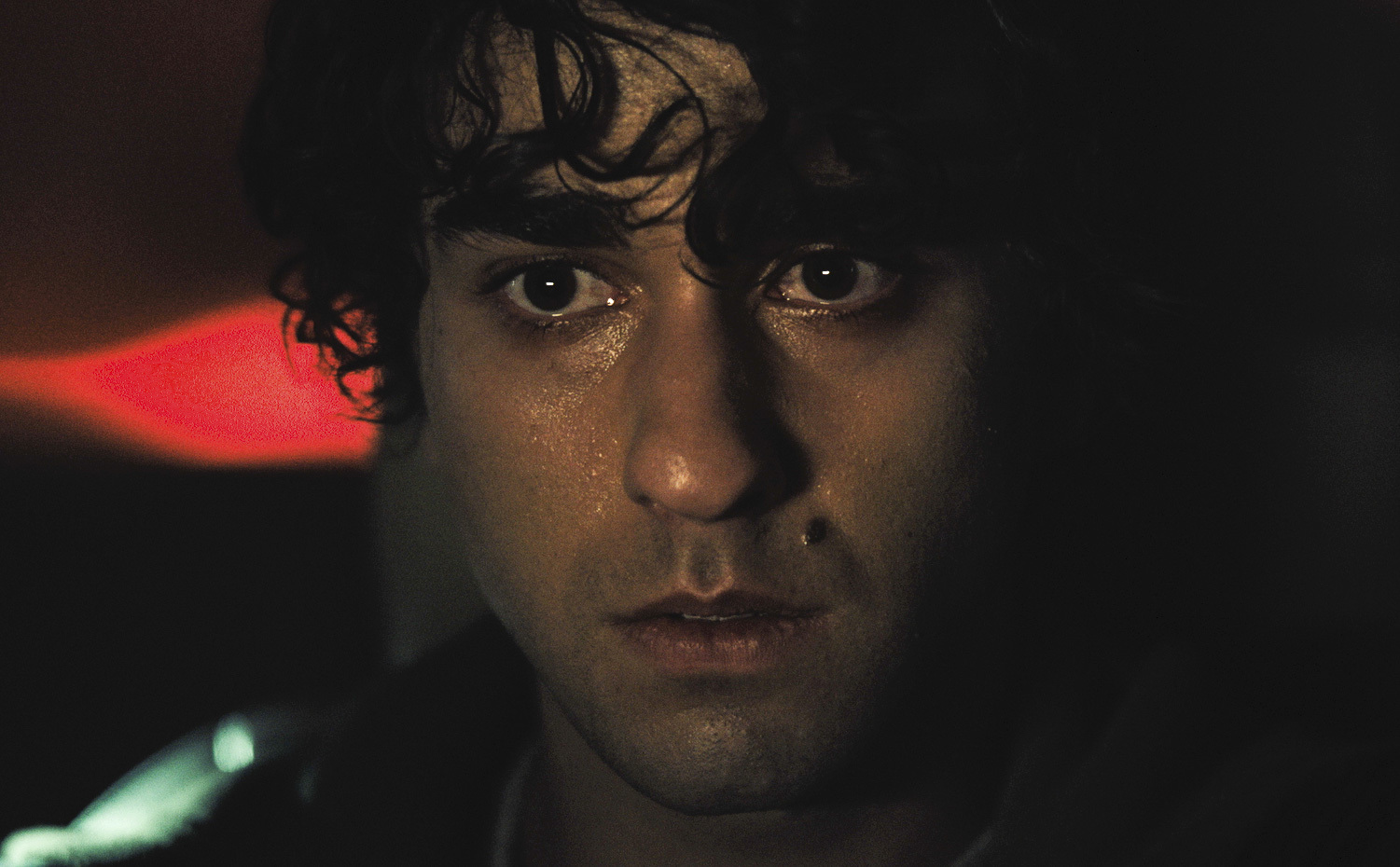
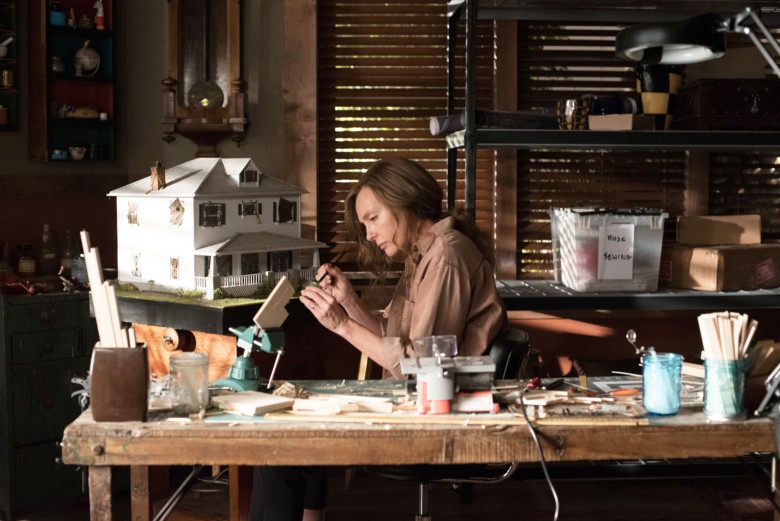
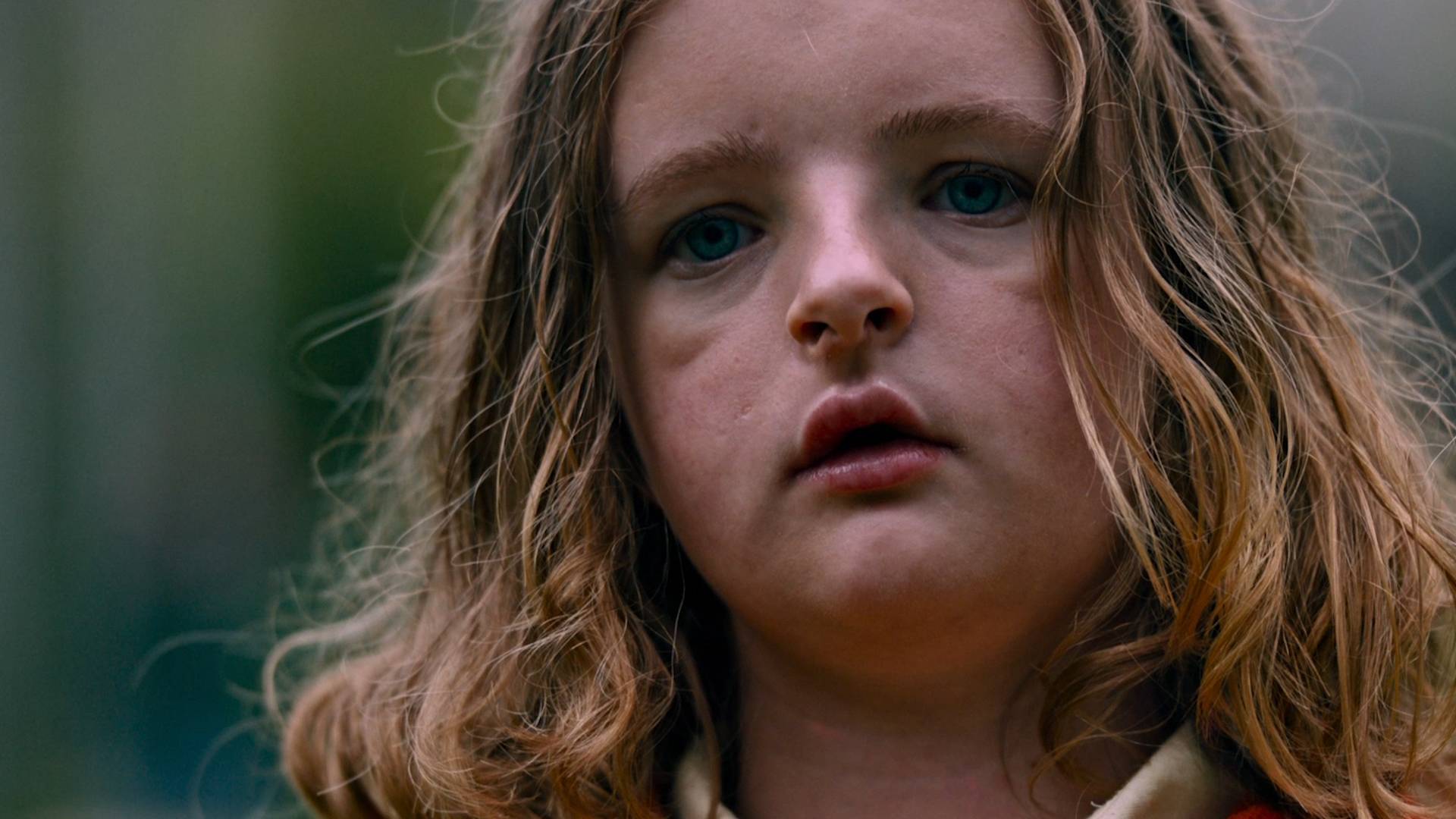
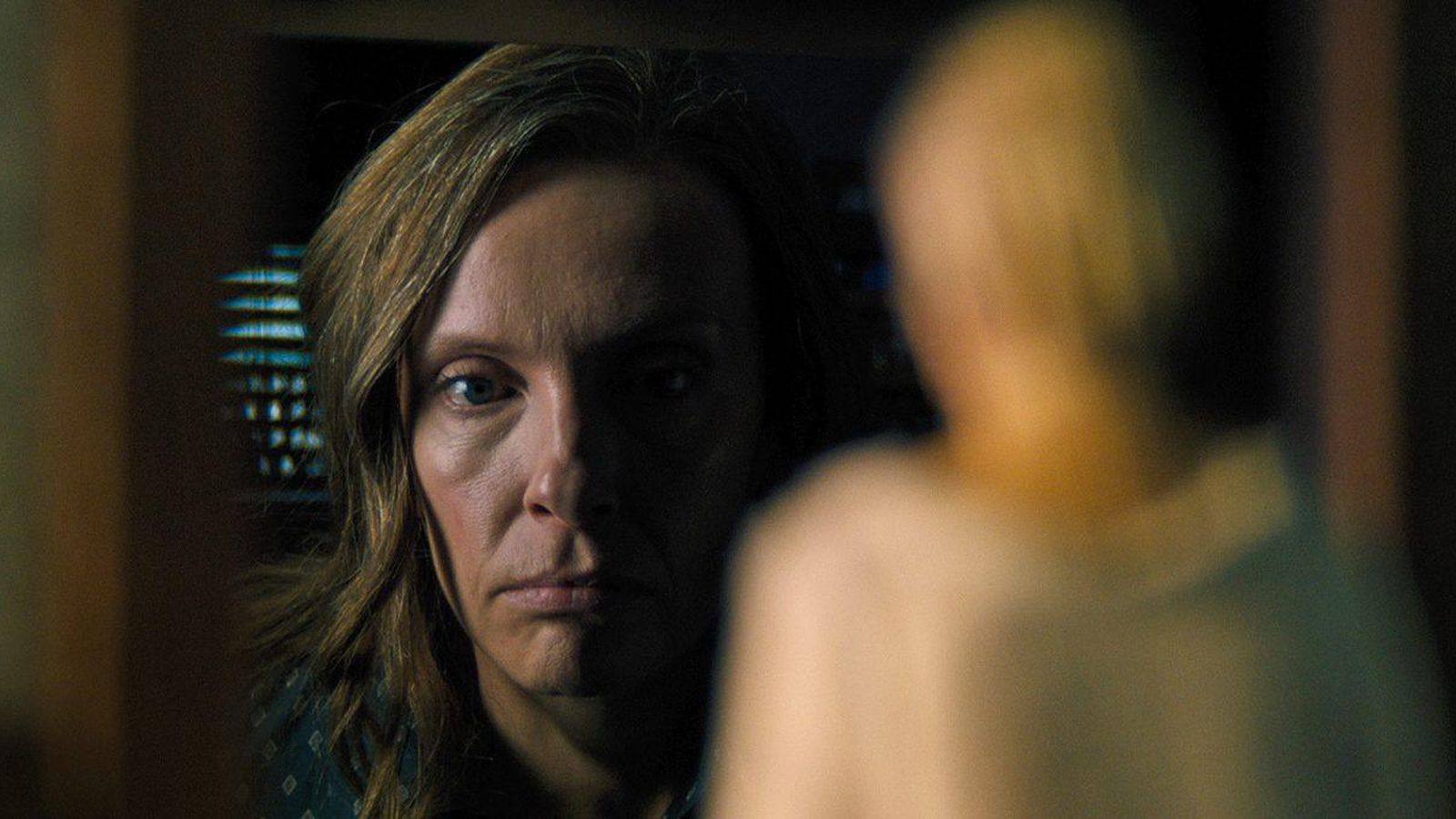
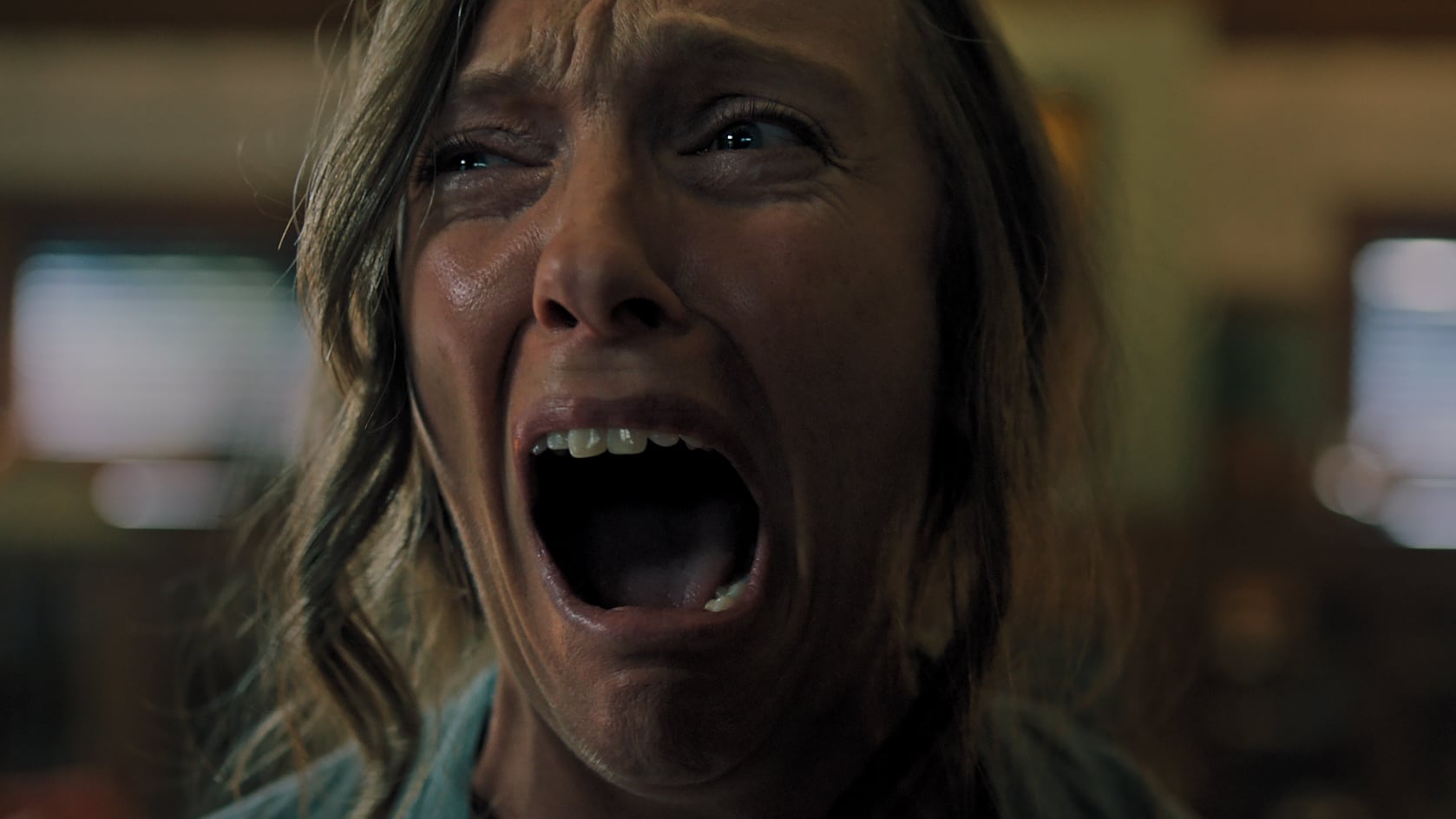
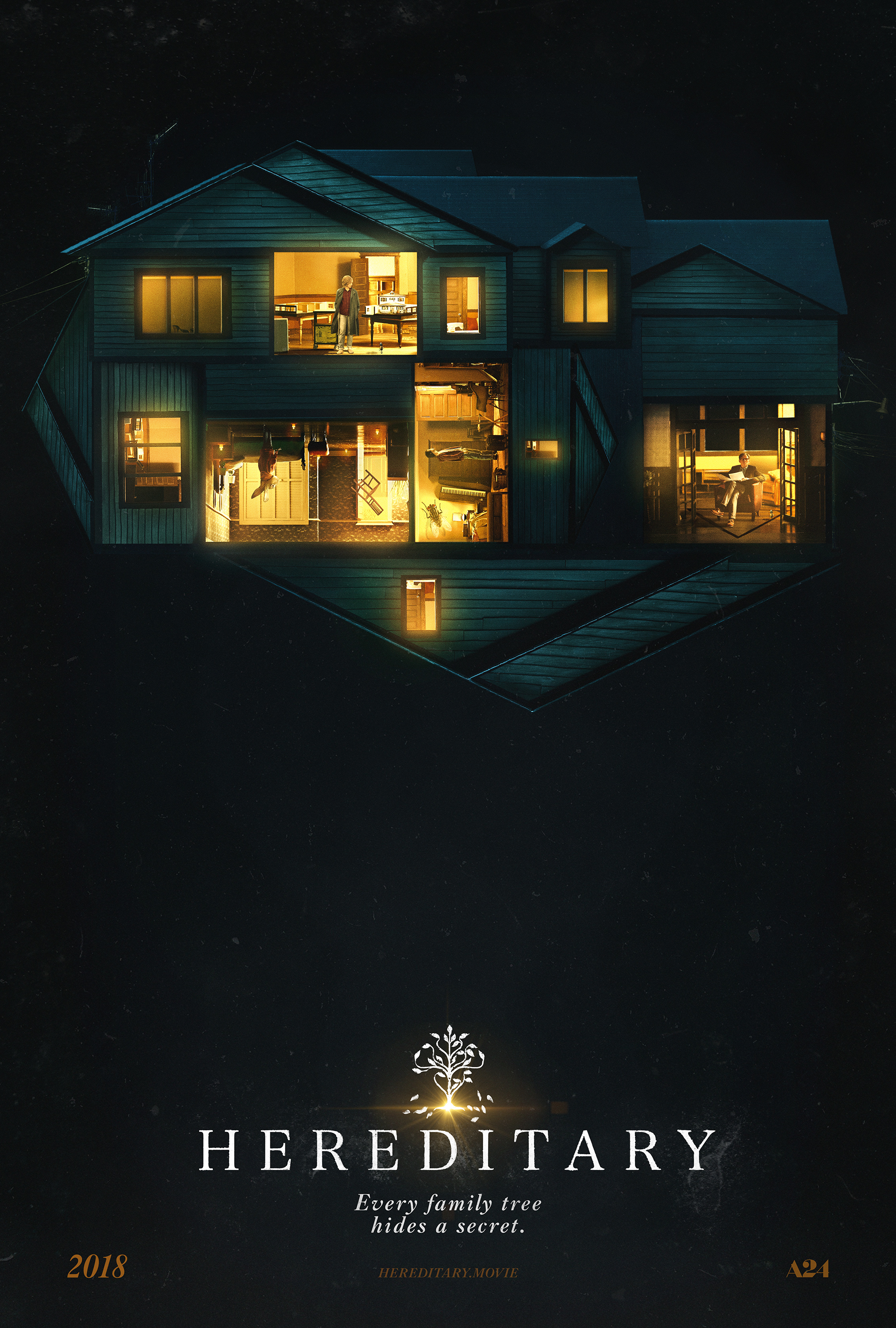
Hereditary is in theatres now.



